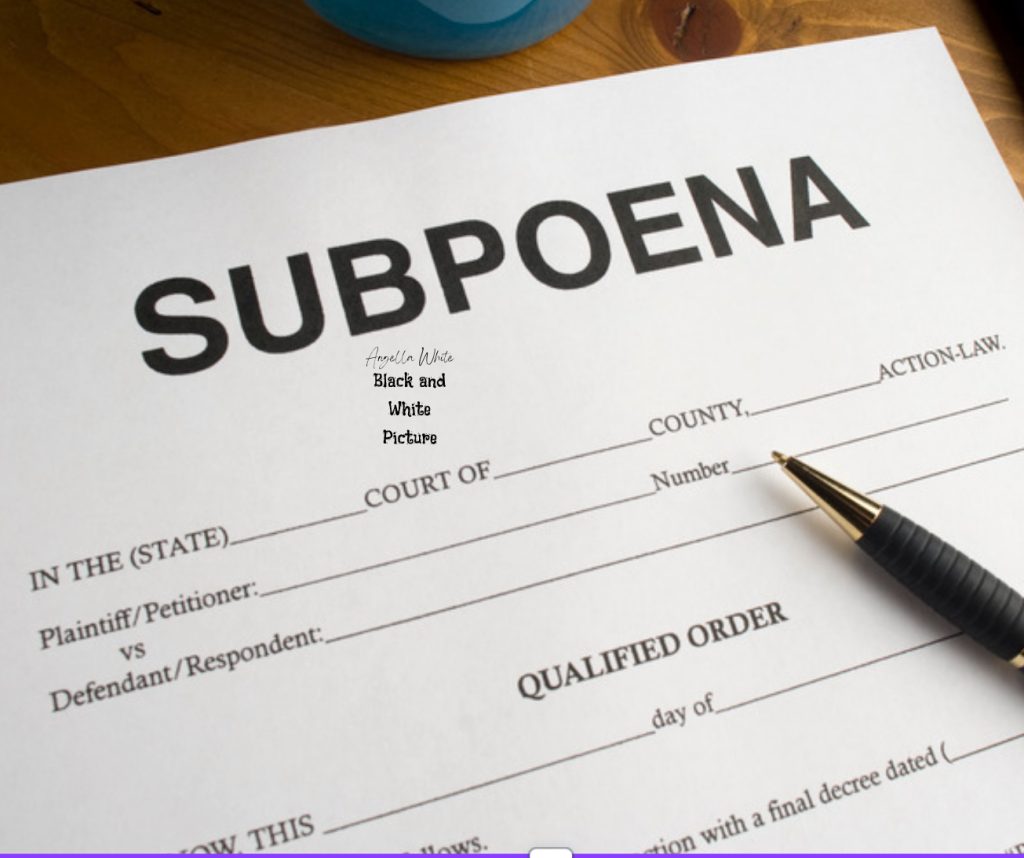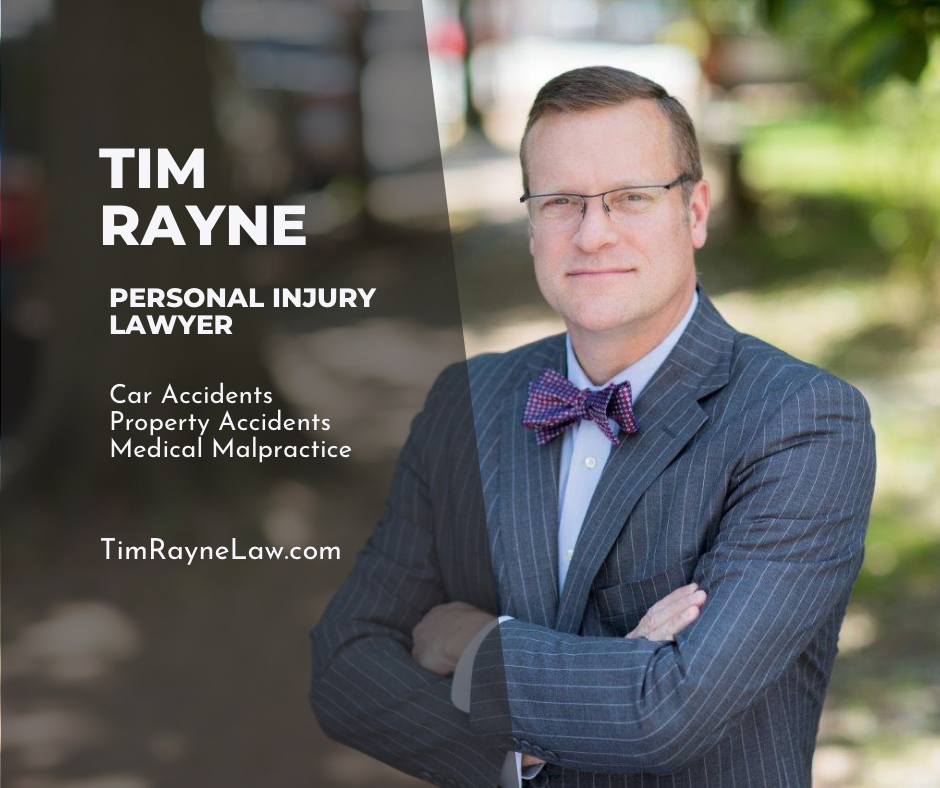
The Blake Lively versus Justin Baldoni Litigation is teaching lessons about the procedures involved in litigating a civil case in Federal Court. The latest lesson is on Subpoenas and, more specifically, the procedures to request and oppose the request of “private” Cell Phone records.
Can Your ”Private” Cell Phone Records be Subpoenaed in a Civil Case?
Short answer, Yes, but subject to your ability to object.
After a Lawsuit is filed, each side can conduct Discovery to learn all of the facts and obtain all relevant documents to prepare the case for trial.
The permitted scope of Discovery is broad and allows the parties to obtain any non-privileged information that is relevant to their claim or defense. Nevertheless, the Judge can limit Discovery if it is overly broad or unfairly burdensome.
One of the tools that is used in Discovery is a Subpoena, which compels the testimony of someone or the production of relevant documents.
It is common for cell phone records to be Subpoenaed to obtain communications that are relevant to the case. Since both Lively and Baldoni cited texts in their lawsuits against each other, texts and other communications are, no doubt, relevant in their case.
Recently, Lively’s lawyers issued subpoenas on many people, some of whom are not parties to the litigation, seeking cell phone records for a two and a half year period including all texts and even all location information.
Baldoni’s lawyers claim that the subpoenas are an improper “fishing expedition.” They argue that the Subpoenas are overly broad and seek personal information that is not relevant to the case.
Can the Subpoenaed Person or the Opposing Lawyer Object to the Subpoena?
A Subpoena is an Order from the Court, so it cannot be just ignored.
However, either the person Subpoenaed or the opposing lawyer can object to the Subpoena by filing a Motion to Quash or Modify the Subpoena. The Motion can seek to strike or modify the Subpoena if it fails to allow a reasonable time to comply, requires production of privileged or protected matters or subjects the person to undue burden.
In the Lively/Baldoni case, I expect that both Baldoni’s lawyers and the lawyers for the Subpoenaed individuals will file Motions to Quash seeking to strike or modify the Subpoenas.
In the end, I predict that the Judge will limit the Subpoenas to only the communications between the relevant people and during the relevant time period. The Judge may even limit the Subpoenas to communications relevant to the issues in the case rather than requiring the production of all personal communications.
Lesson for You Regarding “Private” Cell Phone Communications
The Subpoena dispute in the Lively/Baldoni case teaches a valuable lesson to anyone who might be involved in an legal matter like a Divorce or Child Custody case, a business dispute or other matter that may lead to Court Proceedings.
Your opponent will have the ability to try to Subpoena your “private” Cell Phone records if they may contain relevant information. In addition, if you delete communications from your phone, that destruction of evidence, if uncovered, could be used against you in any litigation.
Nevertheless, if you ever receive a Subpoena, you are now aware of your rights to file a Motion to strike it or modify its scope.

Tim Rayne is a Personal Injury Lawyer with MacElree Harvey, Ltd. For 30 years, Tim has been helping accident victims understand their legal rights and receive fair compensation from insurance companies. You can contact Tim Rayne at 610-840-0124 or trayne@macelree.com or check out his website at www.TimRayneLaw.com.
